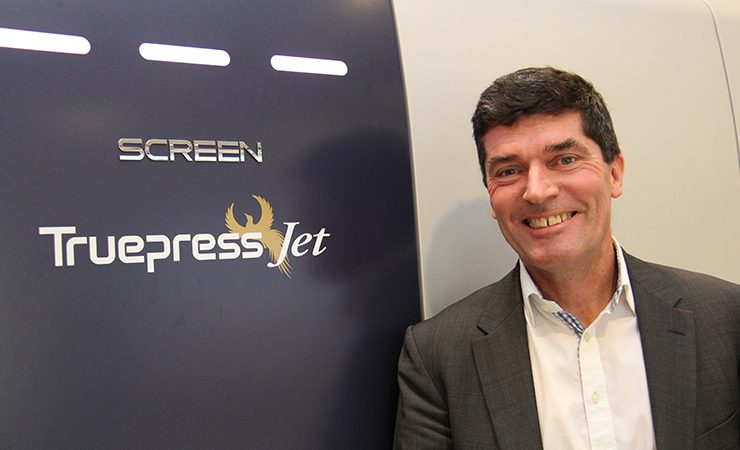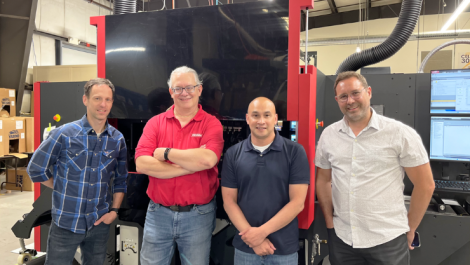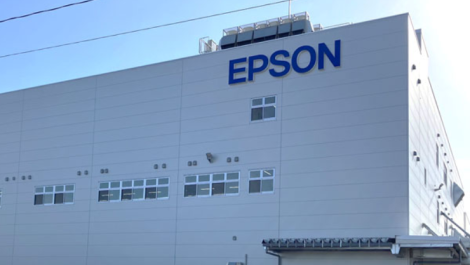Screen Europe has expanded its service and support department over the past year in an effort to enhance the support on offer to its growing customer base in Europe, the Middle East and Africa (EMEA).
A number of printers have continued to invest in Screen’s inkjet digital printing equipment during this time, despite the Covid-19 pandemic. Find out about them here. Screen has also expanded its own product portfolio, notably its presence in the market for inkjet digital flexible package printing.
To support such growth, the company’s service and support department added seven new staff in 2020. The newly hired engineers are based in Germany, the Netherlands and France. The department is expected to continue to grow yet further, as Screen is looking for more engineers to join its service teams across the EMEA region, including strengthening its teams in Italy and the Netherlands.
Steve Low, vice president of service and support, EMEA at Screen Europe, said, ‘Over the past five years we’ve seen a clear transition from conventional to digital printing, with many more printers eager to seize opportunities in the shorter print run market. There is a clear increase in sales of print-on-demand products.
‘Investment in new digital equipment was stronger than expected at the start of the pandemic. Each month we are installing new products around Europe, the Middle East and Africa. Covid-19 clearly hasn’t hit the digital printer market as much as other sectors. Our digital presses are still seeing strong demand.’
In many instances, the Screen service and support team trains its customers’ operators to do first line service, especially for very large installations, so that a Screen engineer only needs to visit once a year for maintenance. Screen is also increasingly switching to remote service and support, using augmented reality (AR). The demand for this technology has accelerated in the pandemic. The team recently started providing AR glasses to some of its customers’ operators, enabling Screen’s engineers to see what the operator sees, looking deep into the machine to guide them in performing tests, making repairs or replacing broken parts.
Mr Low commented, ‘Our remote diagnostics tools have definitely helped us meet our short response times. From Amsterdam or London, we can dial into a machine in the Italian countryside, for example, and diagnose a problem, do updates and even reboot machines. The only thing we can’t do remotely is run a print test.
‘The pandemic has clearly changed our customers’ view regarding the need for Screen engineers to make on-site visits. A remote repair is now seen as better and quicker.’
He concluded, ‘Customer satisfaction is essential for us to get new sales orders. Excellent service and maintenance are top priorities for printers looking for new equipment. They hope they won’t need service engineers, but if they do, they want them to be there fast and fix their problems quickly. And they’re absolutely right to demand this from us.’






